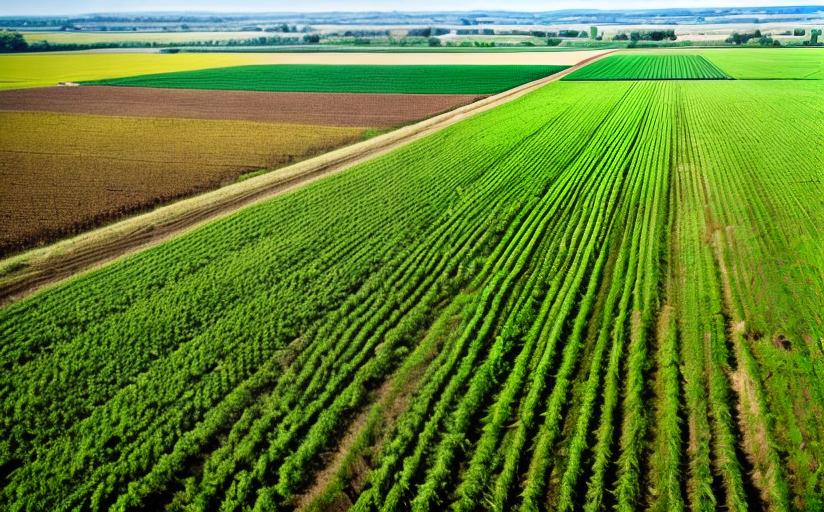ARTIFICIAL INTELLIGENCE: DRIVING SUSTAINABLE AGRICULTURE INTO THE FUTURE
With technological advancements gaining an irreversible momentum across the global landscape, its implications in various sectors of the economy are continually being realized. One of the oldest industries, agriculture, stands as no exception. In this article, we shall dissect and examine the influence of one such cutting-edge technology, the Artificial Intelligence (AI), on sustainable agriculture, along with its potential future prospects.
Positive Impact of AI on Agriculture
AI has facilitated a significant revolution in the agricultural sector. It has enabled the development of precision agriculture, where data-driven insights help farmers manage farming more efficiently. For instance, technologies, such as drone mapping and AI-powered analytics platforms, provide real-time insights about crop health, soil conditions, and irrigation requirements. This has helped farmers create predictive models for crop yields and significantly reduce resource wastage, fostering a more sustainable approach to agriculture.
Negative Aspects and Concerns
While the advantages are many, there exist concerns regarding AI-enabled farming too. There's a fear that traditional farming skills/threatening the livelihood of farmers may become obsolete, with AI automating many farming tasks. Furthermore, the high costs associated with AI technologies may end up creating a disparity between big and small farmers, possibly widening the divide between the two.
The Future of AI in Agriculture
Taking stock of the current scenario, it's evident that AI could bring about revolutionary changes in agriculture. AI systems are set to get smarter, more efficient, and widely prevalent in the years to come, going beyond the current applications of crop monitoring to areas like autonomous farm vehicles, predictive analysis for climate conditions, animal husbandry, and more.
Conclusion
AI is laced with a potential to reshape the face of sustainable agriculture. Whether its implications translate into an image of a boon or a bane will primarily depend on how we choose to utilise this technology. A balanced approach, preserving the essence of traditional farming while harvesting the fruits of AI, could indeed spell a promising future for the agricultural sector, globally.



















Comments
Leave a Comment